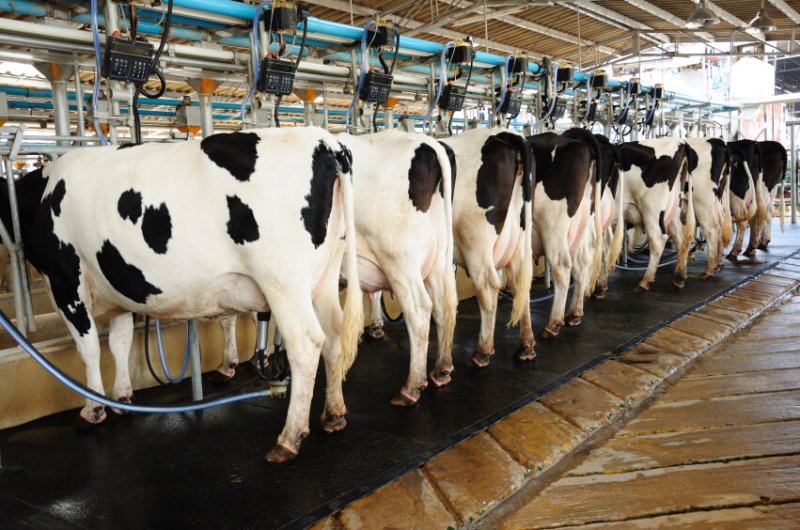Organic farming has long been considered more environmentally friendly than intensive, conventional farming. But a study led by scientists at the University of Cambridge suggests this may not be the case – provided that more natural habitats can be “spared the plough.”
The team behind the study, published in the journal Nature Sustainability, worked with 17 organisations across the …. the globe ….
The researchers measured the environmental costs of what they called major “externalities” – such as greenhouse gas emission, fertilizer and water use generated by high- and low-yield farming systems.
Although the scientists found the data is limited, they concluded that many high-yield systems are less damaging to the environment and use less land.
…
The study only looked at organic farming in the European dairy sector, but found that for the same amount of milk, organic systems caused at least one-third more soil loss and take up twice as much land as conventional dairy farming.
“Across all dairy systems we find that higher milk yield per unit of land generally leads to greater biological and economic efficiency of production,” said co-author Phil Garnsworthy from the University of Nottingham.
Read full, original article: Intensive farming may be less damaging than organic, study finds































